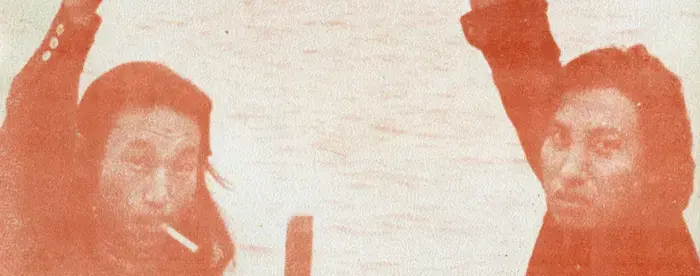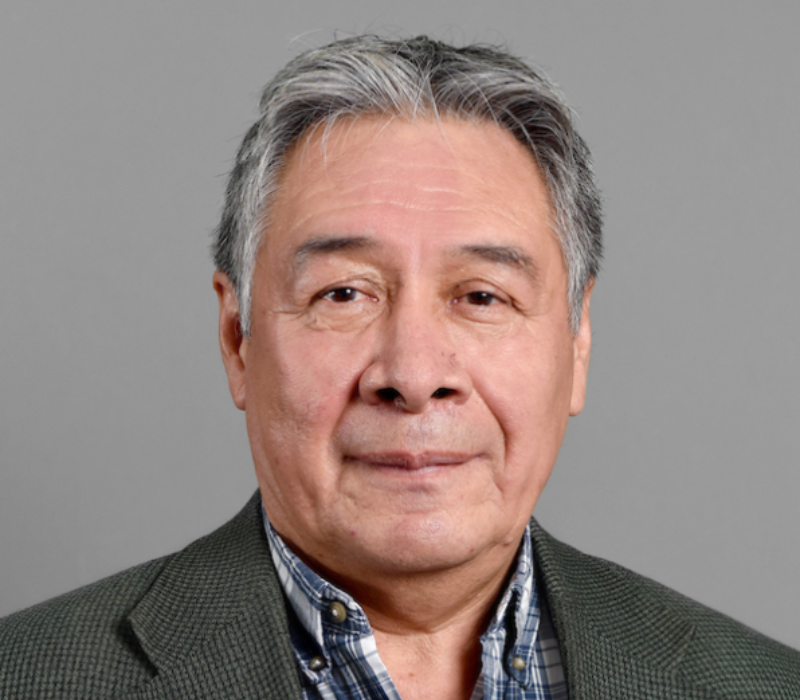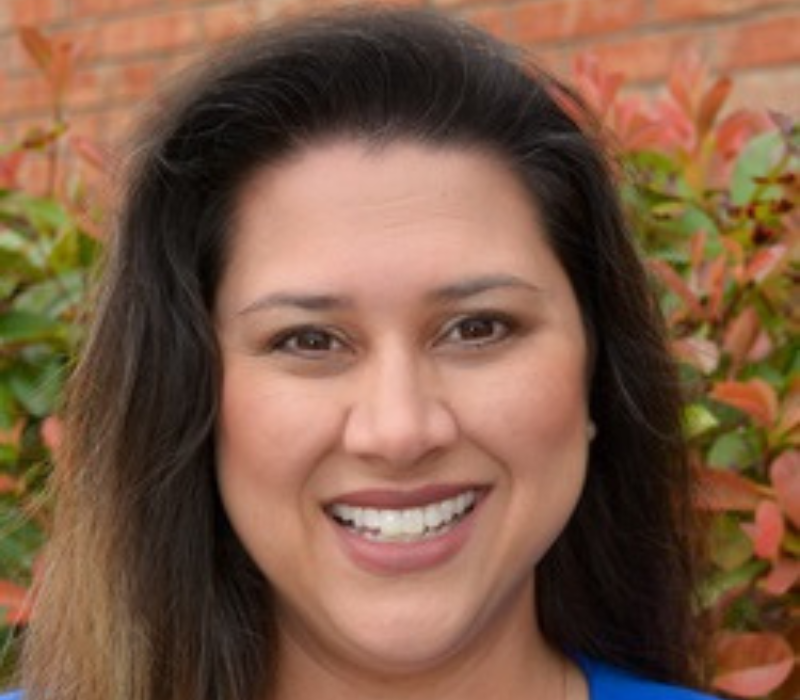Lead Scholar: Donald L. Fixico (Arizona State University)
Master Teacher: Patience LeBlanc
Partner Organization: National WWI Museum and Memorial
Live Session Dates: Week of July 28
Registration Deadline: Monday, July 21
Image: Cover of Alcatraz: Indians of All Tribes 1, no. 2 (February 1970). (The Gilder Lehrman Institute, GLC09792)







